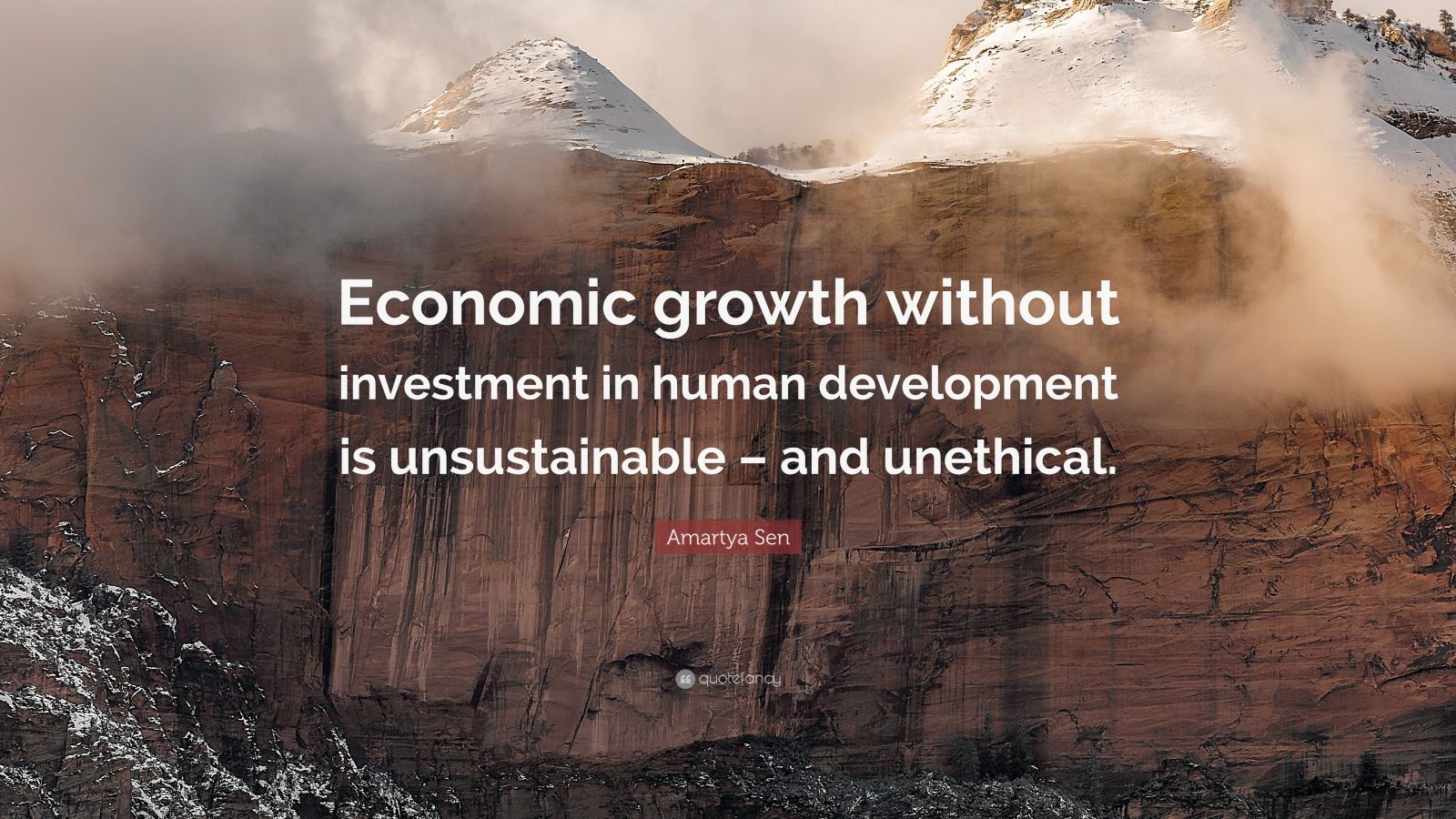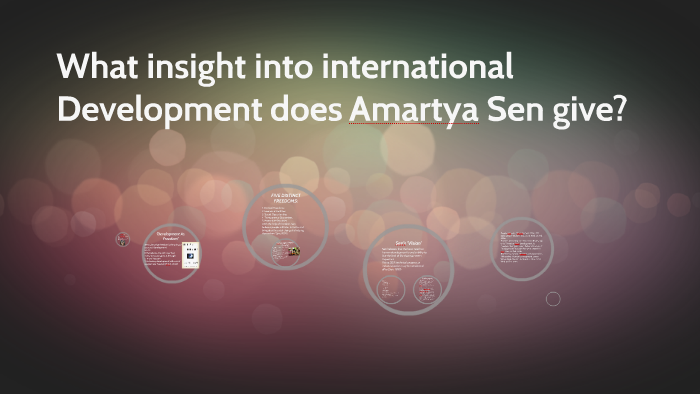

Sen’s analysis of famine also brought the nature of democracy into question, arguing that famine would not occur in functioning democracies.

Making a distinction between ‘positive’ and ‘negative’ freedoms, Sen further argued that rural labourers starved precisely because they did not have the ‘functioning of nourishment’, nor the ‘capability to escape morbidity’. Not only this, Sen also suggested that unemployment and a boom in the urban economy – which saw the wages of rural workers fail to keep pace with rising food prices – played an important role in the death of more than three million people from starvation. For Sen, famine was not the result of a simple lack of food, but rather it was a direct consequence of the specific nature of the inequalities that were built into the apparatuses and mechanisms for distributing food. In doing so, Sen’s work explored questions such as why there are fewer women than men in India and why women are more likely to have lower mortality rates whilst making up a marginal majority of the population.ĭrawing on his own personal experience of the Bengal famine of 1943, which saw more than three million people perish, Sen published Poverty and Famines: An Essay on Entitlement and Deprivation in 1981. Sen also developed an approach to measuring poverty. In Collective Choice and Social Welfare (1970), Sen addressed issues such as individual rights, equality, justice and majority rule. During the 1960s and 1970s, Sen also worked extensively on social choice theory, especially Kenneth Arrow’s impossibility theorem, which drew attention to the flaws inherent within ranked voting systems.

Among Sen’s primary concerns was the fact that despite technological innovation and a subsequent increase in labour productivity, workers were expected to endure no improvement in their standard of living. Upon hearing the news, the late renowned Marxist historian Eric Hobsbawm, a long-time friend of Sen, remarked, ‘It was only political reasons which prevented him getting it earlier … Ever since the mid-70s the Swedish committee has been strongly committed to free-market theory, until it took a real punch in the midriff in 97/98 with the Asian crisis.’Ĭhoice of Techniques, published in 1960, saw Sen focus on a number of economic issues in relation to rates of accumulation. In 1988, Sen was awarded a Nobel Memorial Prize in Economic Sciences. Amartya Kumar Sen is an economist and philosopher who has made a distinctive contribution to the study of political economy, inequality, poverty, famines, and welfare.


 0 kommentar(er)
0 kommentar(er)
